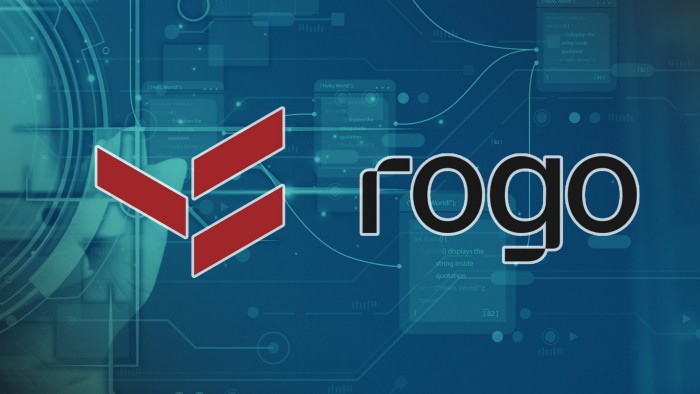Stay informed with free updates
Simply sign up to the Artificial intelligence myFT Digest — delivered directly to your inbox.
An AI start-up behind a chatbot that replicates an investment banker has raised $50mn from a group of investors led by Thrive Capital, increasing the four-year-old company’s valuation from $80mn to $350mn.
Rogo secured the capital from Joshua Kushner’s venture capital firm, a key backer of OpenAI, as part of a series B financing just seven months after the company’s previous $18.5mn fundraising round closed.
The new investment into Rogo reflects Thrive’s belief that specialised AI tools can still compete with generalist models such as OpenAI in certain domains.
Sophisticated large language models are closing in on complex, legally sensitive white-collar tasks that could undercut employment in high-wage industries such as finance, law and science.
Rogo was developed by a former analyst at Lazard, Gabriel Stengel, with the aim of automating some of the laborious tasks done by junior investment bankers.
“I thought, hey, you could make a real AI analyst for Wall Street that can help augment senior bankers, but also really help automate a lot of the grunt work that junior bankers are doing,” Stengel told the Financial Times.
Rogo could quickly understand a company’s market position and competitors as well as pull basic valuation comparisons, he said, and had been deployed at investment banks Moelis and Nomura as well as investment firms Tiger Global and GTCR.
Banks and trading firms are already engaged in a technology arms race, with multibillion-dollar technology budgets to deploy in developing their own applications.
JPMorgan Chase has rolled out an in-house large language model for employees, while private capital firms have developed their own AI models for assessing buyouts. Rogo also faces competition from other start-ups such as Mosaic, which is able to calculate deal returns from a few quick manual inputs.
Stengel, who worked as a junior analyst covering biotech and pharma companies, said he would spend days triangulating research reports and filings with the US Securities and Exchange Commission to calculate a “peak sales” valuation ratio, a task that now takes Rogo minutes.
“The role of the analyst is probably going to have to shift because sitting down and doing models all day I don’t think is going to be the future,” said one junior banker who has regularly used the product.
The company, which employs engineers as well as former investment bankers, believes it can train models to eventually offer insights equal to those of senior bankers.
“We’re training reasoning models that think like investors and investment bankers . . . it is a little scary because you run these big experiments to see, hey, can we be as thoughtful as a partner at Tiger Global? Can we be as thoughtful as Blair Effron at Centerview?” said Stengel, referring to the highly regarded Wall Street executive.
The banking industry is split on the likely impact of AI tools such as Rogo. One view is that the efficiency gains it brings will mean Wall Street banks will be able to cut the number of entry-level positions, while others believe they will free up banks to work on more deals for which they will need more people.
“Banks that adopt AI will win more deals, will generate more revenue and will be higher revenue per employee and they’ll want more bankers,” Stengel said.
“The only way to get deal-revenue-generating bankers is to train them and create MDs. And you can only do that if you have junior bankers who rise to that level.”
